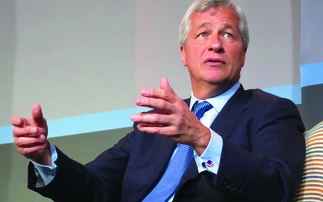The democratic structure of most investment companies - where each share entitles the holder to a vote on matters affecting the company - is one of the key features setting closed-ended funds apart from their open-ended counterparts.
However, as voters on both sides of the Atlantic have had reason to reflect in recent years, the exercise of one's democratic rights does not always result in the outcome one might have desired. As well as offering shareholders a vote on the appointment of directors, discount management policies, dividends and the like, many investment companies have a continuation vote, either every year or at longer intervals. IW Podcast: JPMAM's Crinage on the changing profile of investment trust shareholders This in itself can act as a means of limiting the discount to net asset value (NAV) at ...
To continue reading this article...
Join Investment Week for free
- Unlimited access to real-time news, analysis and opinion from the investment industry, including the Sustainable Hub covering fund news from the ESG space
- Get ahead of regulatory and technological changes affecting fund management
- Important and breaking news stories selected by the editors delivered straight to your inbox each day
- Weekly members-only newsletter with exclusive opinion pieces from leading industry experts
- Be the first to hear about our extensive events schedule and awards programmes







